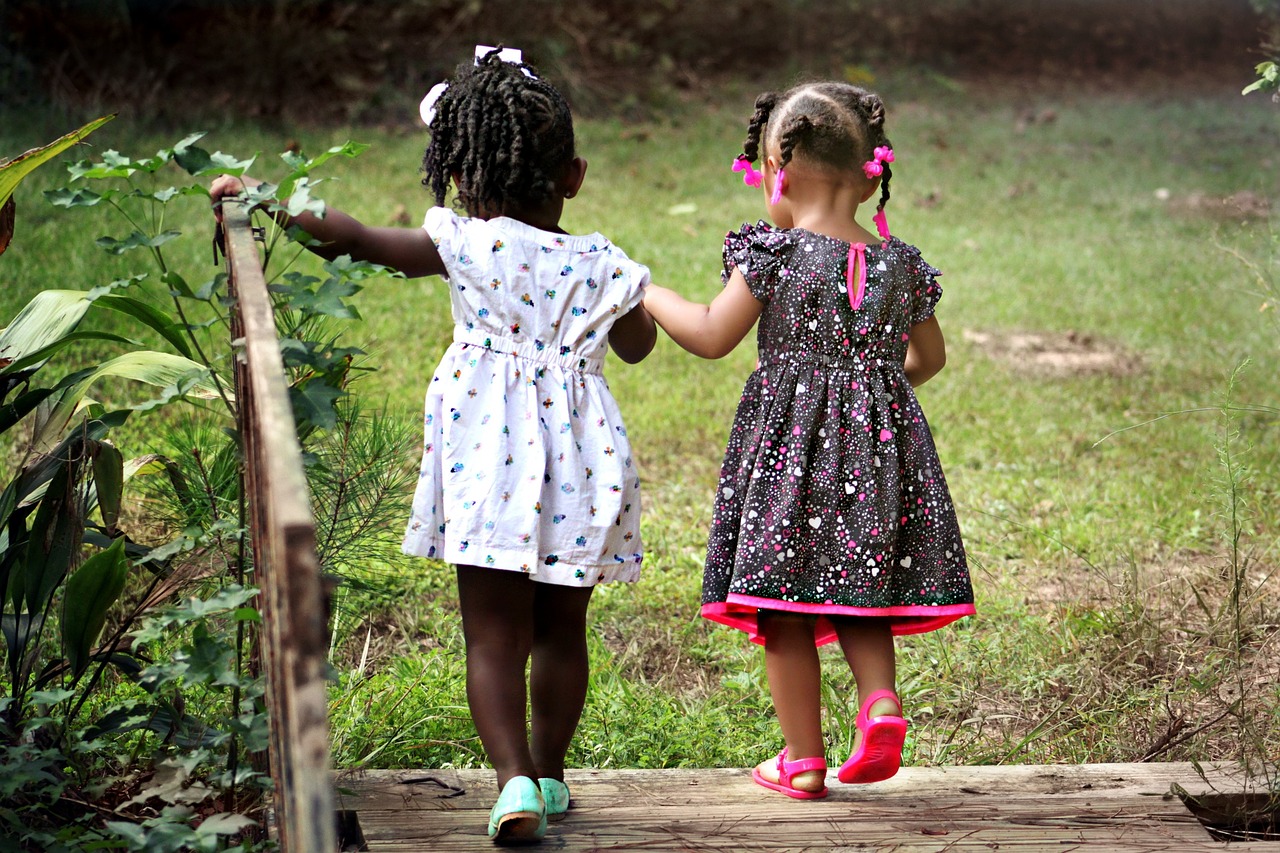Sahibu si achekaye, ni achekaye na mana
Siye nawe aliaye, ni akupaye amana
Si pendo akwambiaye, ndiye mnaopendana
Siye nawe achezaye, ni mnaogandamana
Na yeye suhubiana, akufaaye dhikini
Sahibu kweri ni nani, ni mpenda ‘kosoana
Ni akupaye amani, si akwitaye kimwana
Na wewe hiki amini, pendo hakosi ‘kosana
Kila pendo lina deni, deni la ‘sameheana
Na yeye suhubiana, akufaaye dhikini
Machoni toa ukungu, soma kuhusubiana
Sahibu hasemi changu, chetu asema bayana
Si akwitiaye Mungu, ni chake ‘siyekukana
Siye faridi kwangu, ni mpenda kulandana
Na yeye suhubiana, akufaaye dhikini
Upendo hana upweke, ni bora karibiana
Ni fila kuhisi peke, hisia hizo hapana
Amri za pendo ‘shike, ‘sijiletee laana
Na za ndoa mkumbuke, nyinyi mliooana
Na yeye suhubiana, akufaaye dhikini
Sahibu ndiye mpole, siye anayetukana
Siye yule mwenye kelele, ni mweka mezani guna
Sababu yu mteule, hamuwezi kutengana
Jihadhali yu ngole, afichiaye fitina
Na yeye suhubiana, akufaaye dhikini
Na huku ni kumaliza, toa pendoni hiana
Ndoani toeni chonza, komeni kuchukizana
Sahibu wako himiza, na yeye ingiiana
Na pendo kuigiza, hapana si kulogana
Na yeye suhubiana, akufaaye dhikini.
Summary of the Poem
This poem, “Sahibu” is about friendship. A friend, as portrayed in the first stanza, is not he who laughs with you nor who cries with you. It is he who laughs from the heart, it is the one who tries the best to solve the problem rather than just crying with you. It is not who confesses their love, but the one who shows it.
In friendship, as shown in stanza two, it is a must to meet moments of disagreements but forgiveness remains a glue that keeps you together. Love is not calling her “baby,” it is treating her like a baby. As in stanza three, true friendship/love is marked by selflessness. Your friend’s happiness is your happiness too. There should not be room for loneliness. If you start feeling lonely, especially in marriage (see stanza four), then know something is not right. In stanza five, we see that true friendship/love is not based on emotions. Issues are discussed on a table without shouting at one another. And because you took time to study the other person, chances are high that you cannot separate.
In conclusion, as in stanza six, encourage your friend. Don’t be to them a thorn in their heart always because of their flaws. To err is to human. Teach one another. Love is not a result of witchcraft but of understanding one another and accepting them the way they are.





